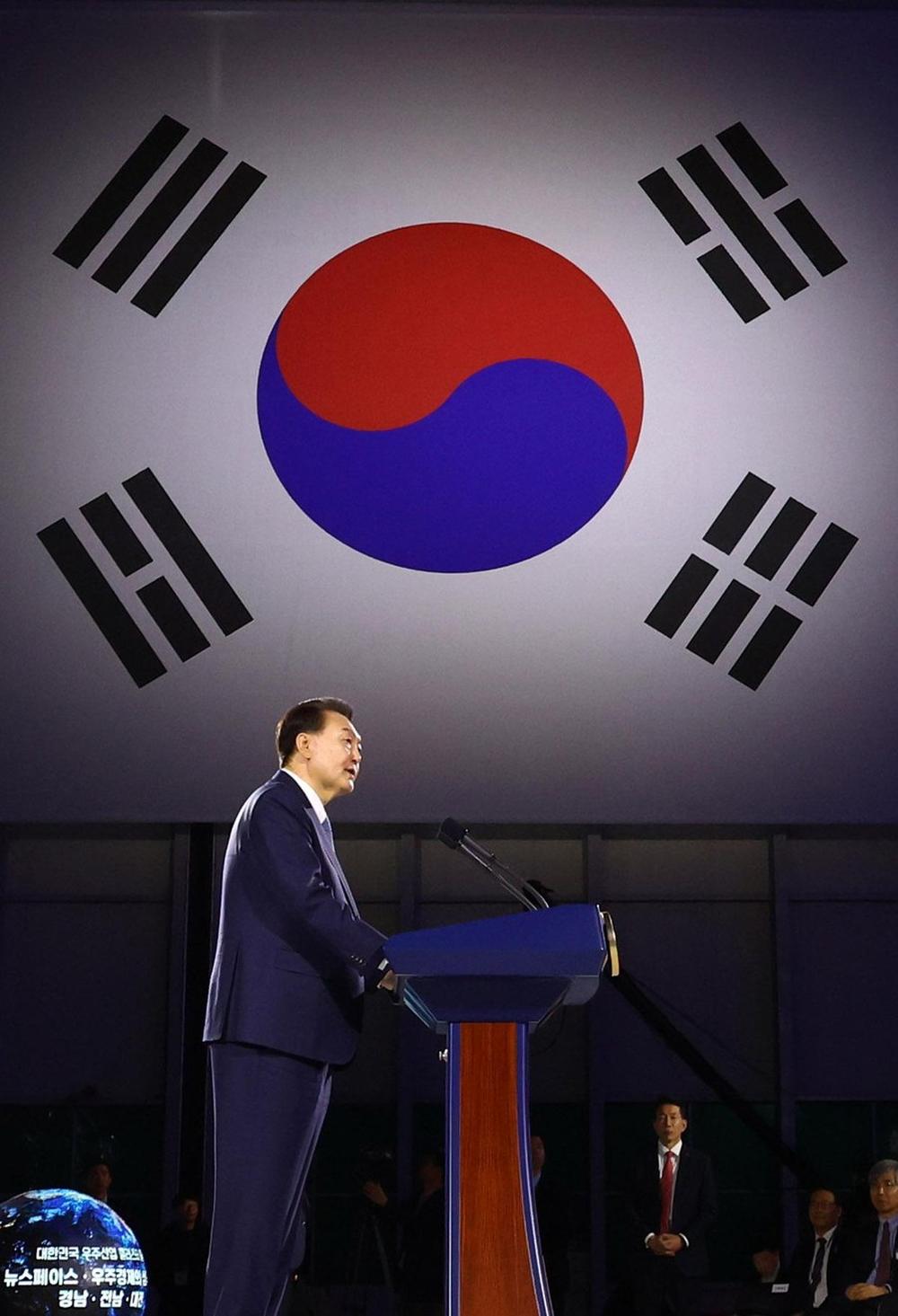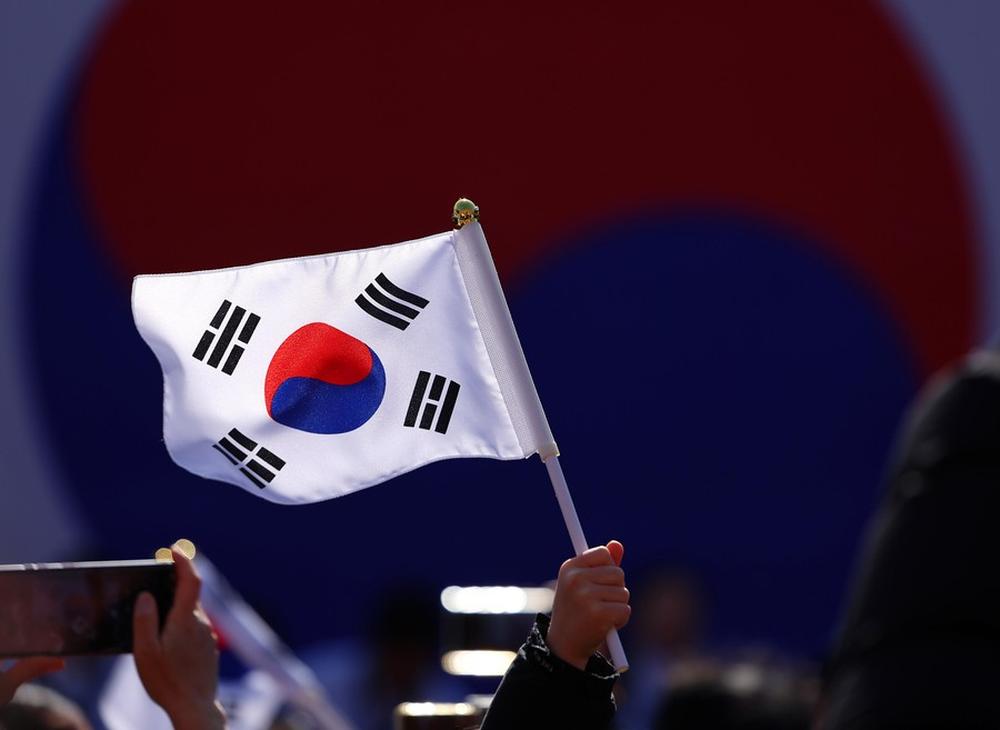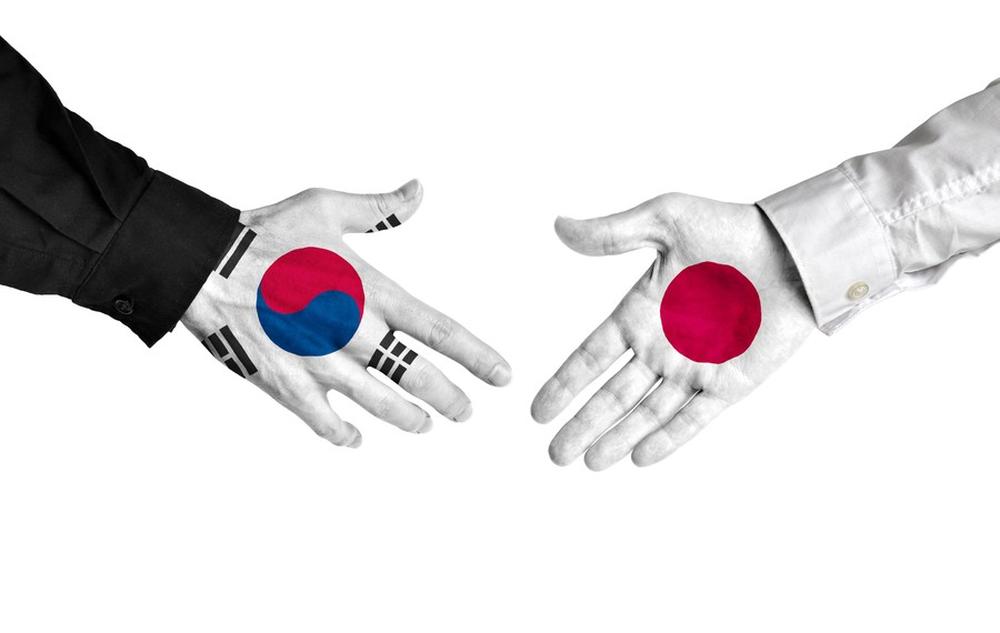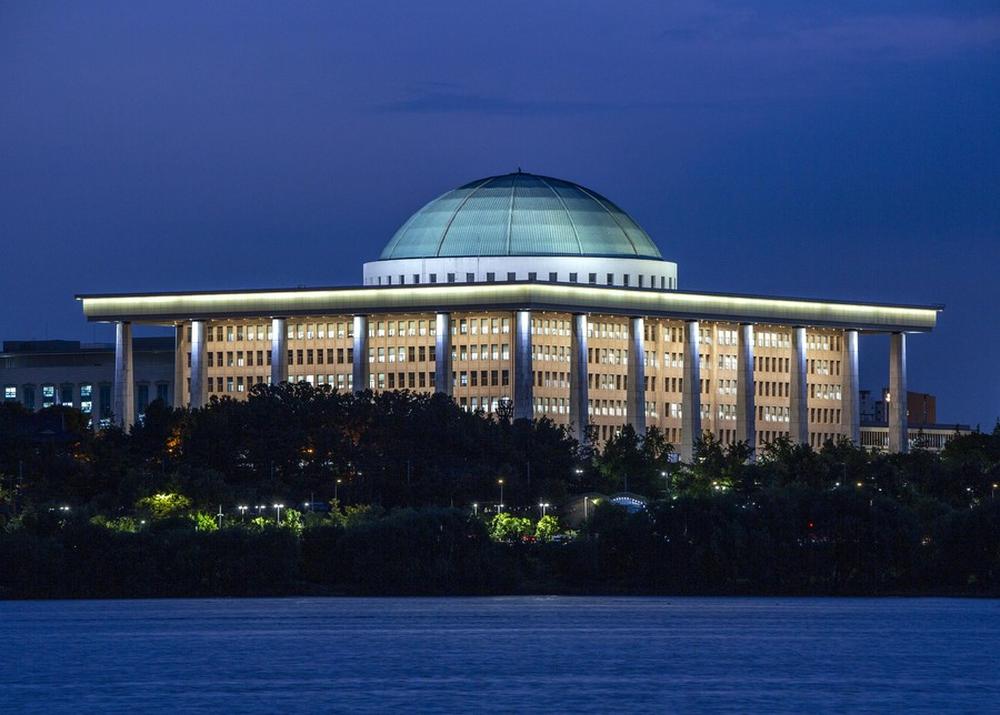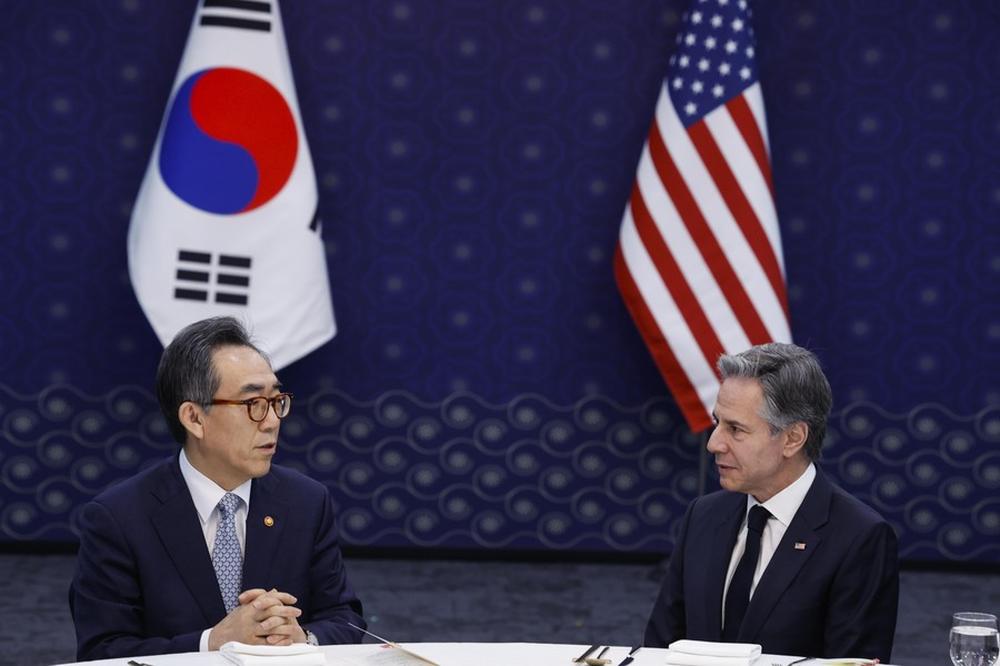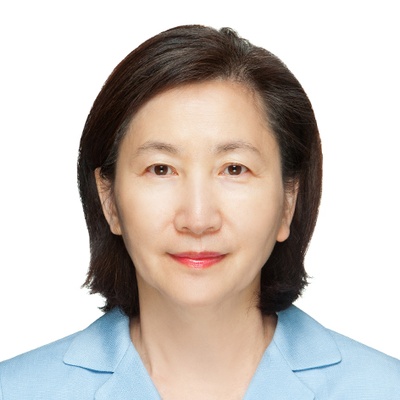
- #Global Issues
- #South Korea
- #US Foreign Policy
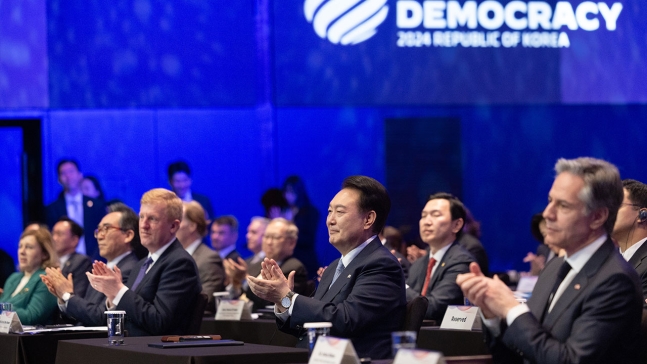
► [Korea's] past and recent democratization movements serve as instructional reference points for citizens in the Global South who aspire to democratize their own countries.
► A key partnership nexus is forming via the trilateral cooperation between South Korea, Japan, and the United States.
► South Korea, along with its democratic allies, must devise effective democratic engagement with the Global South by offering material incentives to encourage democratic governance.
Liberal Democracy Challenged
The West had modernized through the force of market capitalism and the accompanying political system known as “liberal democracy.” Liberal democracy, which values individual freedom and rights, was perceived as the optimal governance model for fostering economic development because of its emphasis on protecting individual property rights, fostering innovation, and promoting fair competition. The triumph of the West over the East, manifested in the break-up of the communist Soviet Union, strengthened the vision and prospects of a shared liberal-democratic future.
However, world history unfolded differently. The U.S. centered unipolar interlude did not last long as its war driven responses to the 9.11 terrorist attacks cast doubt on both the military capability and moral legitimacy of the so-called hegemon. More importantly, China’s rapid rise has successfully challenged the liberal international order by defying expectations and sustaining high levels of growth under state capitalism, consolidating authoritarian one-party rule, and exporting an alternative model of economic development. Now, the liberal democratic West competes with China over which system can deliver more and better goods to people. Countries in the Global South have become picky choosers facing this system competition.
In the meantime, global democracy has been waning since the mid-2000s. The number of democratizing countries is shrinking while the number of autocratizing ones is increasing. The Varieties of Democracy Institute’s Democracy Index 2024 reports that the number of liberal democracies declined from a peak of 43 between 2007–2012 down to just 32 in 2023, while the number of closed autocracies is increased from a low of 22 in 2012 to 33 in 2022–2023.[1] Among the various symptoms of democratic retreat, all democracy index reports point out the deterioration of individual freedom of expression and media freedom as the most problematic.
The challenges against liberal democracy are not only born out of the direct competition with autocracies. Developed democracies have been struggling with political problems internally as well. Right wing parties and politicians have emerged as a significant political force in the European Union countries. Inflows of migrants and refugees are contributing to nationalistic identity politics and fueling the rise of populist leaders. Nationalistic politics poses a significant challenge to unity among democracies in responding to external threats. In developed democracies like the U.S., where two major parties compete for power in a the winner-takes-all system, political polarization based on the demonization of the opposition results in political gridlock.
In the past, countries in the Global South resisted the preaching of liberal democracy from the Western democracies due to their colonial history baggage. Now, democratic dysfunction in developed democracies is making it harder to convince developing countries to take the liberal path of political development.
Non-Western Torchbearer of Liberal Democracy In Need
The waning global democracy needs to be reversed for two reasons. First of all, liberal democracy is the best political system when it comes to protecting individual freedom and human rights. Democratic governance is more effective in solving conflicts and crises and in delivering sustainable development due to its openness, inclusivity, and resilience. Second, the rules-based international order is more stable when there are more liberal democracies in the world. The features of liberal democracies, which include domestic practices of rule of law, mechanisms for decisionmaker accountability, and protection of freedom and human rights, are more amenable to observing international laws, respecting sovereign rights, cooperating with other countries towards common threats, and supporting countries in need.
Then, which countries should play the role of torchbearer for liberal democracy in the international arena? Ideally, they should be non-West middle power democracies. In order to present an appealing vision of liberal democracy to the Global South, a torchbearer needs to provide stories of successful democratization which are more relatable than those from Western democracies. At the same time, this liberal torchbearer should be equipped with the financial and institutional capacities to be able to support the Global South. Accordingly, non-Western G20 countries would be plausible candidates for this role.
MIKTA, an informal middle power partnership between Mexico, Indonesia, Korea, Turkey, and Australia, was created in 2013. As G20 economies, their foreign ministers have held regular meetings, usually at the sidelines of G20 meetings. However, supporting liberal democracy has not been on their agenda. Furthermore, the quality of democracy in Turkey and Indonesia has deteriorated to the point where it would be difficult to rely on them to provide collective democracy leadership.
South Korea Can be a Torchbearer of Liberal Democracy
Among the potential non-Western torchbearers of liberal democracy, South Korea stands out as a prime candidate. Korea has unique historical transformation experiences that include colonization, the devastating Korean war, and division into South and North. This past history left historical wounds and unfinished tasks of reconciliation. South Korea’s economy took off via rapid industrialization and emerged as one of leading exporters of manufacturing products. But, this so-called Miracle on the Han River was carried out by an authoritarian regime. The democratization struggles by intellectuals, dissidents, university students, and laborers continued until the citizen led movement brought the return of direct presidential elections. Since the democratic transition in 1987, peaceful protests by citizens have played a defining role during critical junctures of political turmoil. These past and recent democratization movements serve as instructional reference points for citizens in the Global South who aspire to democratize their own countries.
Furthermore, the recent global success of South Korean popular culture through the K-wave has demonstrated its universal appeal, especially to younger generations. While from the non-Western margin of popular culture, its themes and subject matter are based on liberal values such as freedom, self-determination, and respect for diversity. For example, the lyrics of BTS songs resonate with and unite young people worldwide because of their inclusive and open minded messages.
Recognizing South Korea’s democratic achievement, there has been a growing expectation from like-minded nations for South Korea to take up a democracy torchbearer role. The Yoon Suk Yeol administration has been responding to this call by advancing the agenda of values-based diplomacy under the “global pivotal state” slogan. President Yoon has emphasized universal values of freedom, human rights, and rule of law in major international and domestic addresses. These include his speech titled “Freedom and Solidarity: Answers to the Watershed Moment” delivered in 2022 at the United Nations General Assembly,[2] and another speech titled “Alliance of Freedom, Alliance of Action” made in April 2023 to the joint meeting of the United States Congress commemorating the 70th anniversary of the United States-South Korea alliance.[3] In the latter, he said that Korea, together with the United States, will play the role of “compass for freedom,” safeguarding and broadening the freedom of citizens of the world.
In March 2023, the Yoon administration took concrete steps to fulfill its commitment to democracy by hosting the ministerial Indo-Pacific Regional Meeting of the 2nd Summit for Democracy, where President Yoon pledged 100 million U.S. Dollars for democracy aid over the next three years. A year later in 2024, his administration hosted the 3rd Summit for Democracy, the first one to take place outside the United States.
Ways toward Democratic Partnerships
First of all, South Korea needs like-minded countries to help fulfill the role of democracy torchbearer. A key partnership nexus is forming via the trilateral cooperation between South Korea, Japan, and the United States. “The Spirit of Camp David” joint statement of August 2023 would not have been possible if the bumpy relations between South Korea and Japan did not turn to forward-looking cooperation. Despite domestic criticism, the Yoon administration initiated a de facto resolution for the dispute over wartime conscripted labor. In his first Liberation Day speech in 2022, Yoon stated that Japan is Korea’s partner as they face common threats to the freedom of global citizens, and that the two countries can move to resolve their historical problems by collaborating on shared universal values. Again in the 105th March First Independence Movement Day address in 2024, he regarded the sharing of liberal values as the basis for the two countries having become partners in the pursuit of common interests for global peace and prosperity.[4] Going forward, this trilateral democratic partnership should work to develop sustainable institutional foundations and actionable programs.
Beyond this core trilateral cooperation, South Korea should proactively seek democratic partnership not only among the Indo-Pacific democracies such as Australia, New Zealand, India, and Indonesia, but also democracy supporters of other regions.
Secondly, South Korea, along with its democratic allies, must devise effective democratic engagement with the Global South by offering material incentives to encourage democratic governance. Combining digital technology and democracy, South Korea’s Official Development Assistance (ODA) has pioneered an e-government and digital procurement system which, by enhancing the transparency in governance, can help to reduce corruption in the public sector of recipient countries. In the future, South Korea’s ODA agency needs to find ways to more directly support the civil society and independent media of the Global South. Unless value diplomacy is materialized into actionable programs, South Korea’s torchbearer role for liberal democracy will remain nothing more than a vision.
[2] “Freedom and Solidarity: Answers to the Watershed Moment.” Office of the President of the Republic of Korea. September 20. https://eng.president.go.kr/speeches/qY7JzqeX
[3] “Alliance of Freedom, Alliance in Action.” Office of the President Republic of Korea. April 27. https://eng.president.go.kr/speeches/dZfAH6rj
[4] https://eng.president.go.kr/speeches/x9M5tP3s

Sook Jong Lee retired her professorship of Graduate School of Governance at Sungkyunkwan University and now serves the University as a distinguished professor. She served the East Asia Institute as President from 2008 to 2018 and now Senior Fellow of the Institute. She created the Asian Democracy Research Network in 2015 and has been working with the Network’s twenty-three research organizations across Asia to promote democracy studies, Dr. Lee was Research Fellow at the Sejong Institute, Visiting Fellow at the Brookings Institution, and Professorial Lecturer at the School of Advanced International Studies at Johns Hopkins University.
